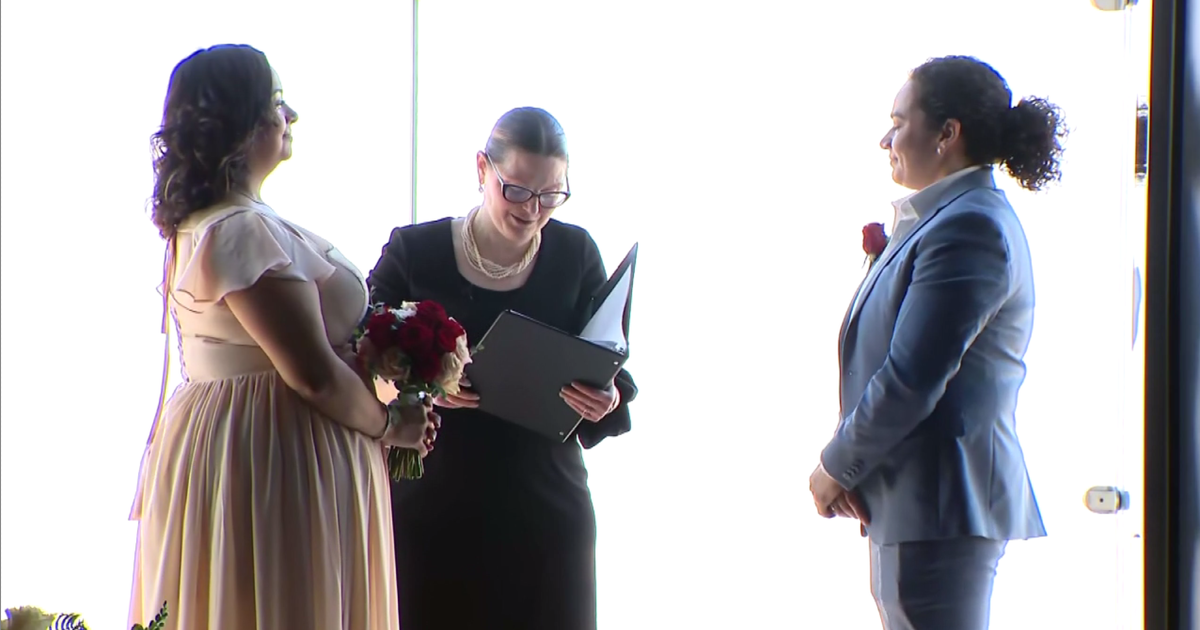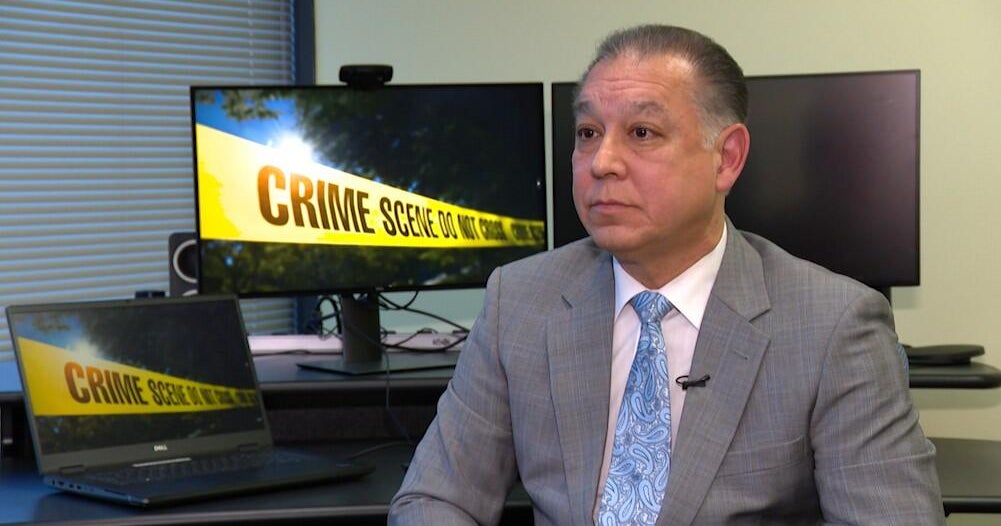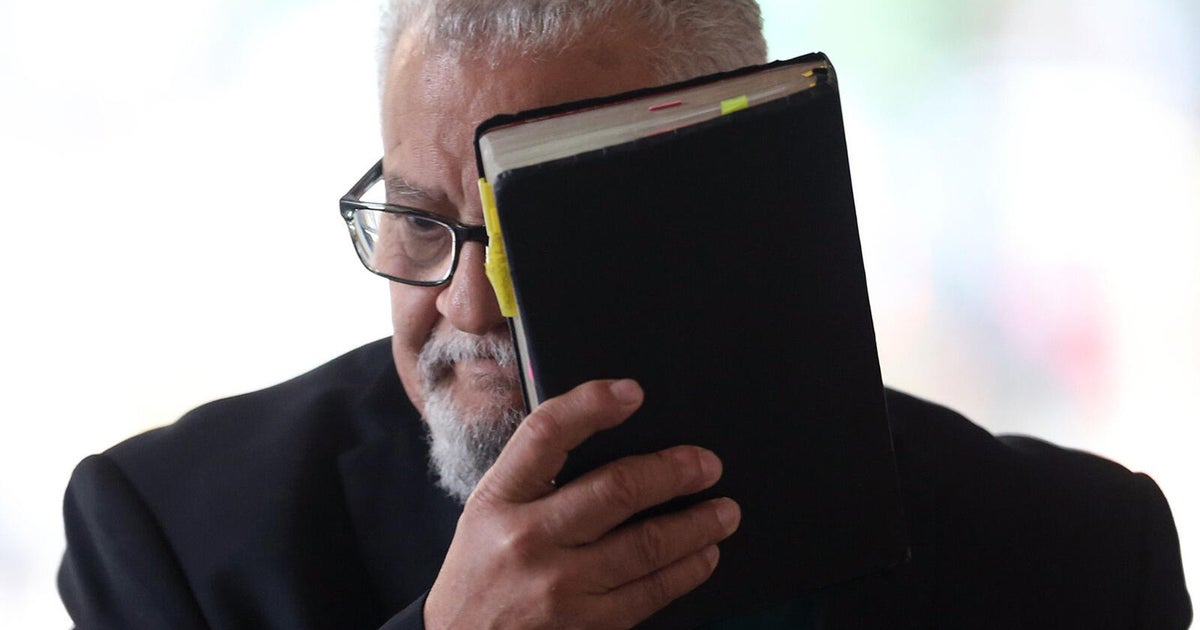Bruce Willis diagnosed with aphasia, steps away from acting
CHICAGO (CBS) -- A surprise announcement from one of Hollywood's most popular actors.
Bruce Willis is retiring because of health concerns. CBS 2's Sabrina Franza reports on what we're learning about his diagnosis.
The legendary action-movie star was diagnosed with aphasia, his family announced Wednesday. The disorder directly impacts a person's ability to understand or express speech.
One expert who spoke to CBS 2 said the disorder is not preventable, and even though many people haven't heard of it, it's more common than you might think.
"Aphasia is a language disorder that effects a persons ability to communicate," said Michelle Armour, Program Lead clinician, Northwestern Medicine Aphasia Center at Marianjoy.
Action movie star Bruce Willis has aphasia, his family posted a message on social medial Wednesday.
"Bruce is stepping away from the career that has meant so much to him."
She added that the disorder is impacting his cognitive abilities.
"So it starts very gradual with the inability to find words, and then it can then impact their cognition later as the condition progresses."
Michelle Armour is the Program Lead Clinitian of Northwestern's Aphasia Center at Marianjoy. She explained how there are many types of aphasia that impact language, but not all of them impact cognition.
"Most commonly it's caused by a stroke or brain injury, to the left side of the brain that controls out language. However there are other forms of aphasia, especially called primary progressive aphasia," Armour said, adding that's the type that could impact cognition.
"A primary progressive aphasia is slightly different," Armour said.
It's not clear what kind of diagnosis Willis received. He turned 67 this month and is most famous for his performance in the "Die Hard" action series.
it is harder to seek treatment in cases of a neuro-degenerative event, rather than a brain injury like a stroke.
"Generally, we provide therapy to make the brain change. We try to around the damaged part of the brain where the stroke occurred, and we work the brain we wire the brain so the person can communicate again," Armour said.
There is no cure.
"It's more common than Parkinson's disease and cerebral palsy but no ones ever heard of it," Armour said.
In the Instagram post, the family talked a little about what's next, adding "as Bruce always says, 'live it up,' and together we plan to do just that."







